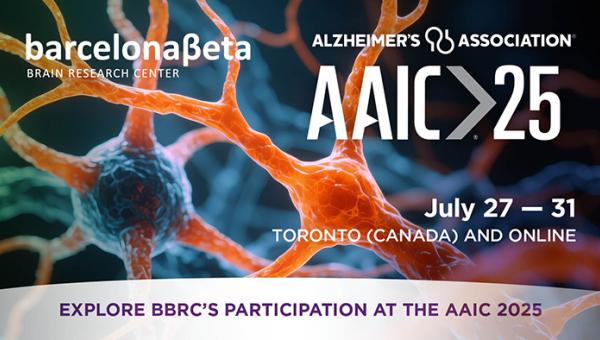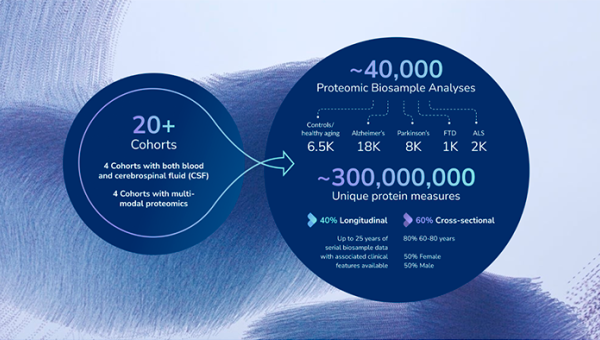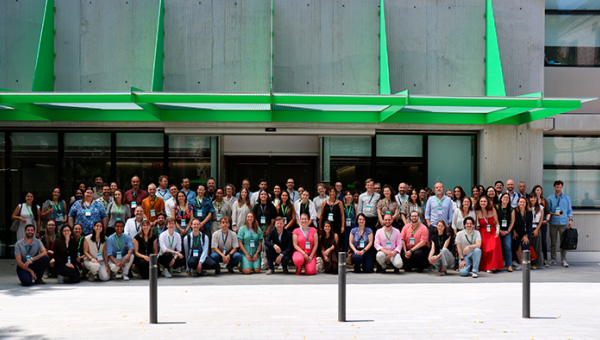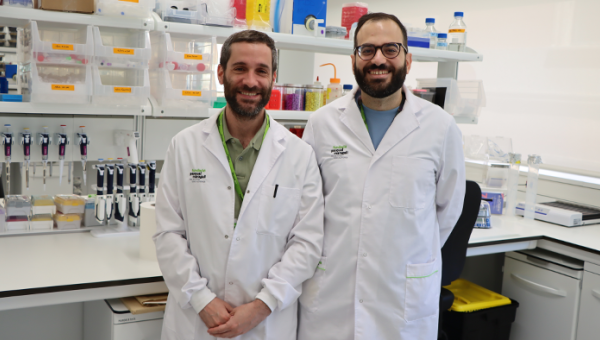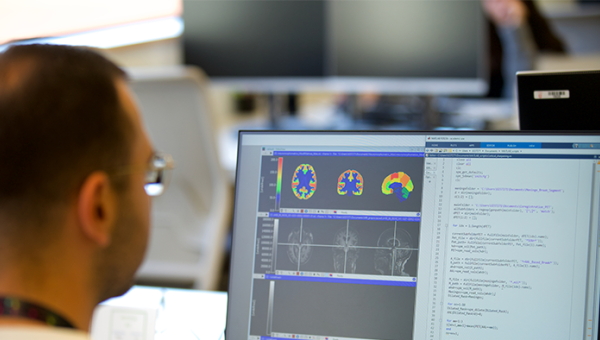Latest news on Alzheimer's
Check out the latest news about Alzheimer's disease research that we carry out at the Barcelonaβeta Brain Research Center (BBRC). Discover the advances in Alzheimer's prevention in which our scientists participate, as well as the news of the Alfa Study, dedicated to the early detection and prevention of the disease.
Once again the BBRC brings its science to the international Alzheimer's conference AAIC 2025
Our researchers will present 7 talks and 22 scientific posters during the 5 days of the congress
We are part of an international consortium that publishes the largest proteomic analysis of neurodegenerative diseases ever carried out
The international consortium has analyzed almost 40,000 biological samples to identify biomarkers in Alzheimer’s, Parkinson’s, ALS, and other neurodegenerative diseases.
The death of a partner and financial stress have been linked to an increased risk of Alzheimer's disease and differences in brain structure
This study suggests that certain stressful life events can impact brain health differently depending on gender and educational level
Federica Anastasi awarded BrightFocus Foundation grant to advance personalized approaches to Alzheimer’s disease
The project will last two years and aims to uncover why Alzheimer’s disease affects people in different ways and how its course can be more accurately predicted.
BBRC joins AD-RIDDLE’s second General Assembly in London
This interdisciplinary initiative is designed to provide healthcare providers with a set of innovative tools to improve disease identification and management.
The BBRC hosts and actively participates in the Euro-PAD 2025 symposium
Almost 100 participants gathered to discuss the latest advancements in neuroimaging and biomarkers for Alzheimer’s disease, as well as to share updates from the Euro-PAD initiative over the past year.
New blood biomarker panel accurately detects early Alzheimer’s risk
This fully automated blood test could become a scalable, minimally invasive tool to detect and monitor Alzheimer’s-related changes long before symptoms appear.
We receive funding to develop an innovative PET imaging tool for Alzheimer’s neuroinflammation
With a 3-year duration, this project will allow us to explore the role of neuroinflammation in Alzheimer’s disease using the novel [18F]F-DED PET tracer, in collaboration with LMU Munich and Life Molecular Imaging
Joan Vives, new Administrative Director of the Foundation and the BBRC
We are strengthening our management structure at a time of sustained growth, with more than 250 employees, 6 research groups and a membership base approaching 100,000

